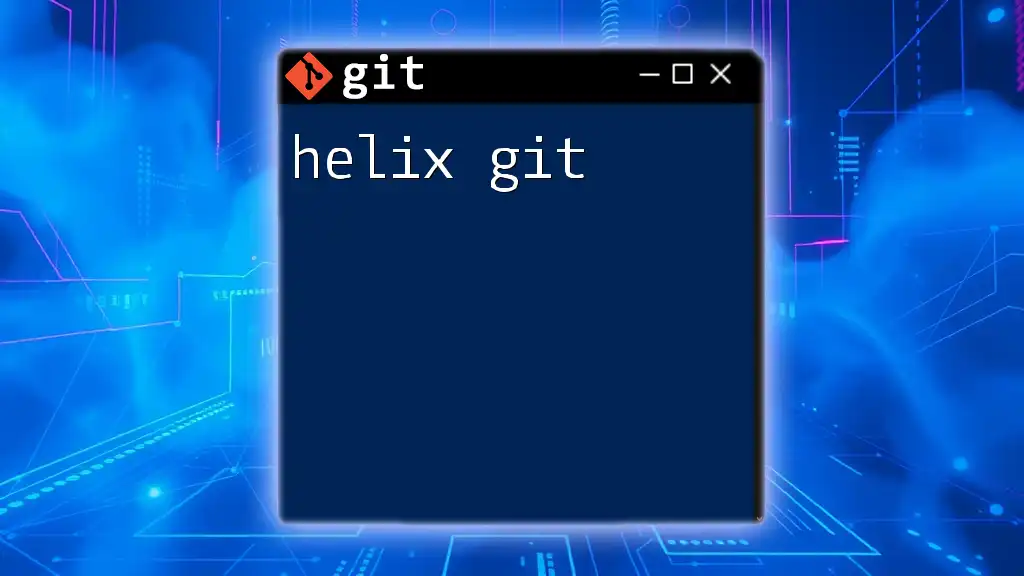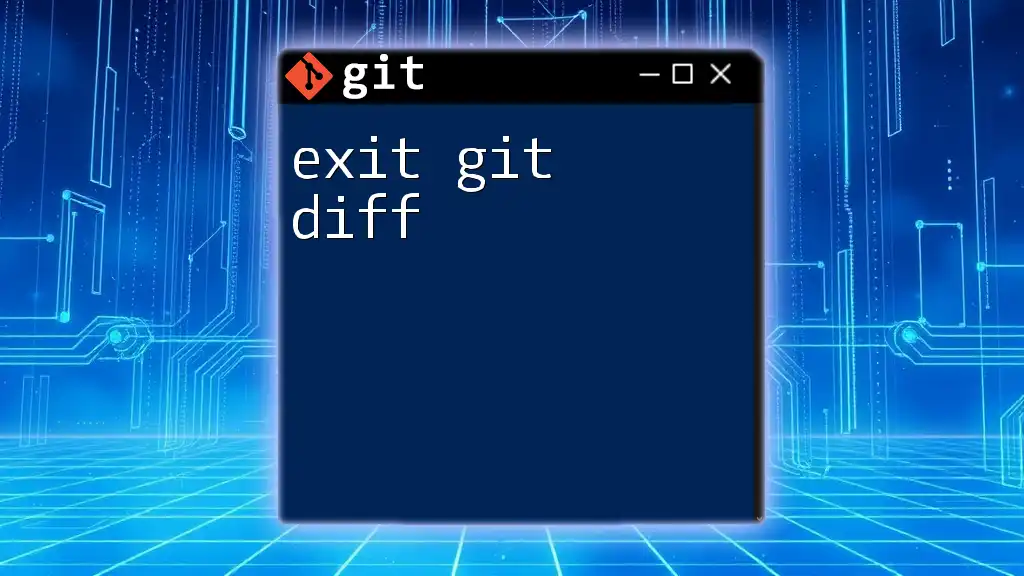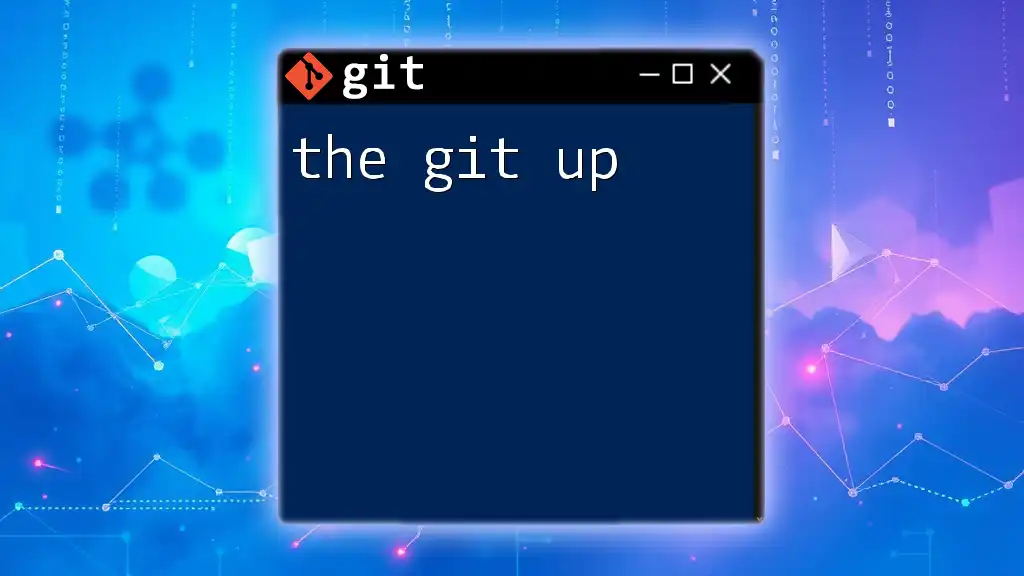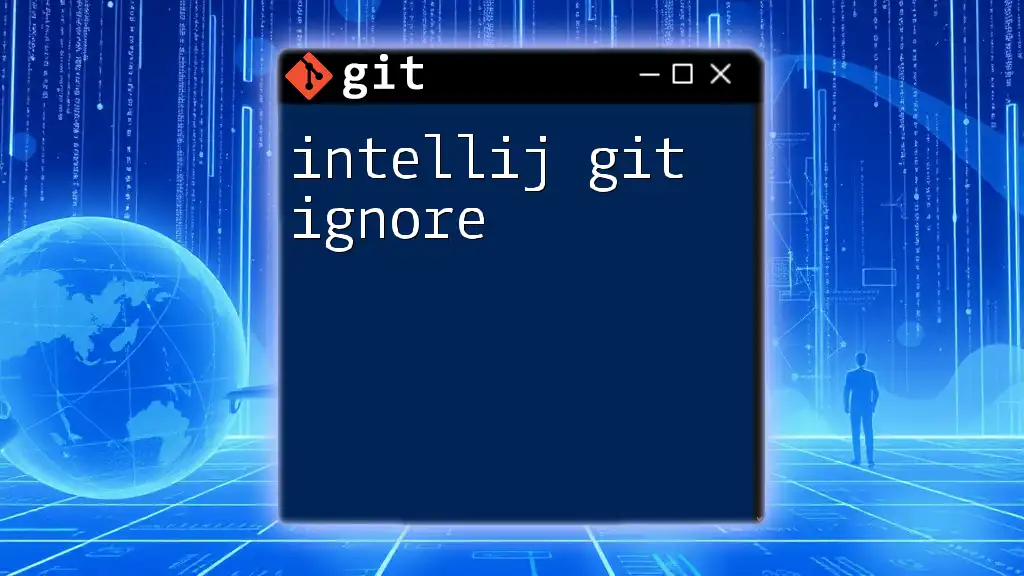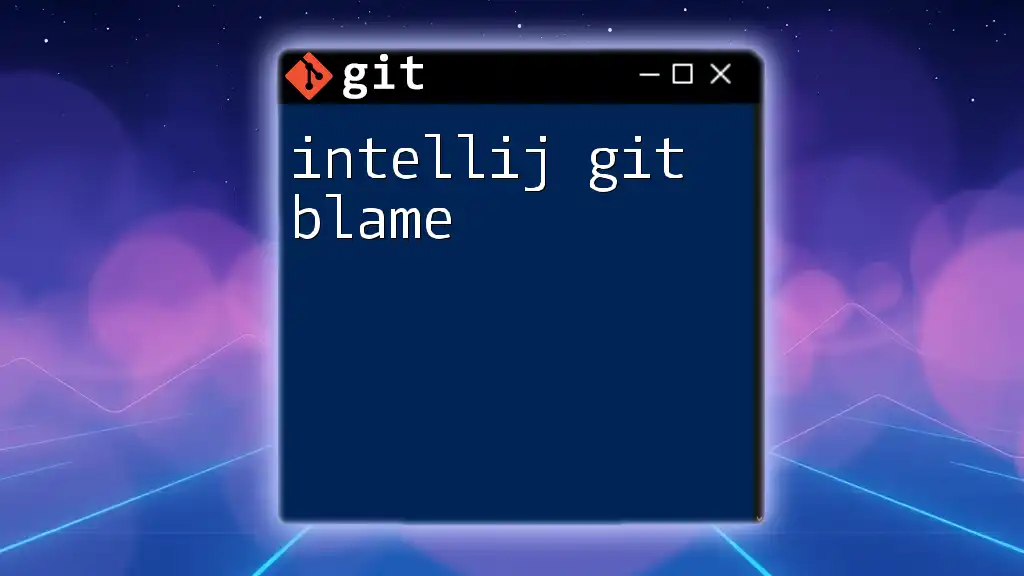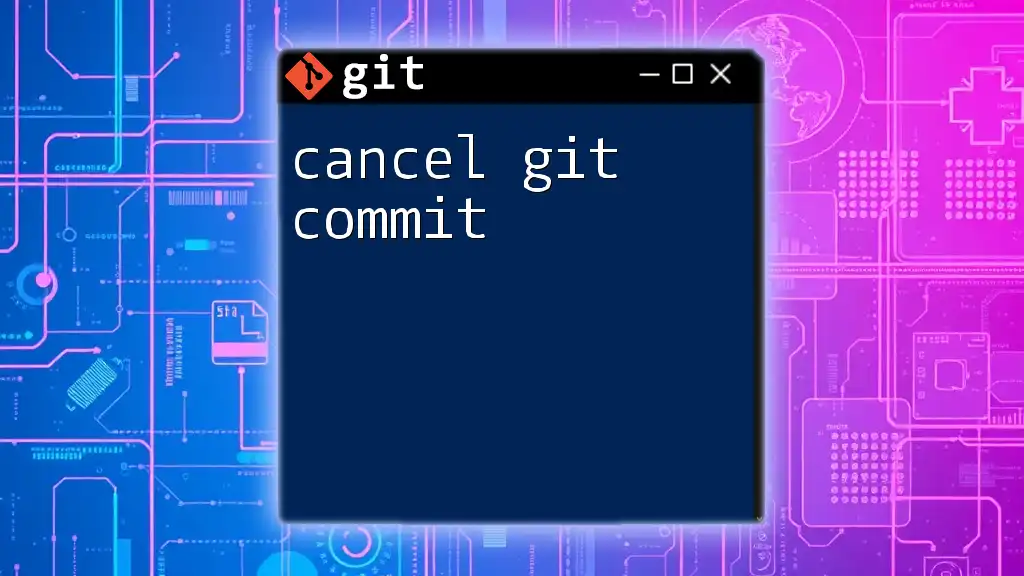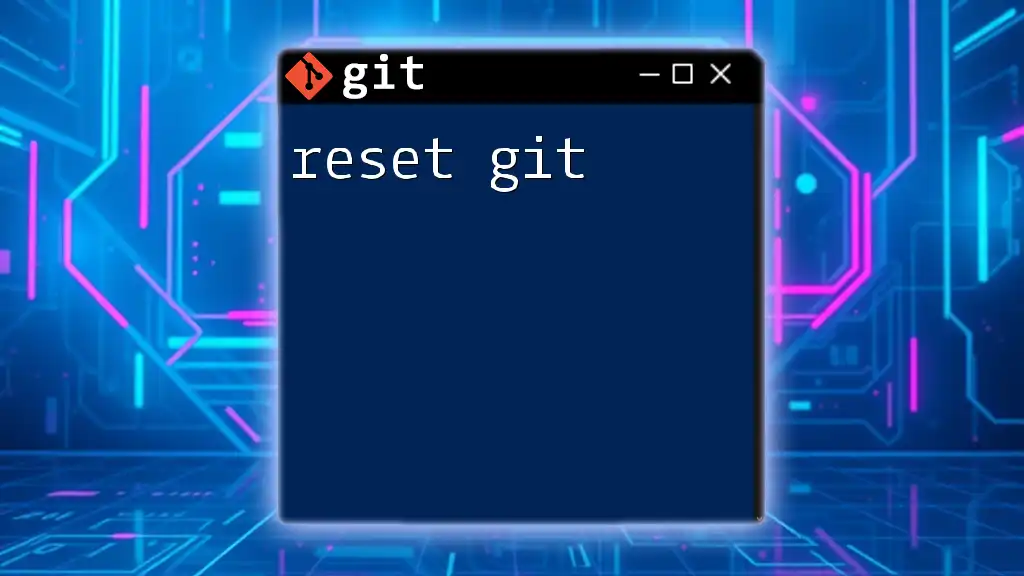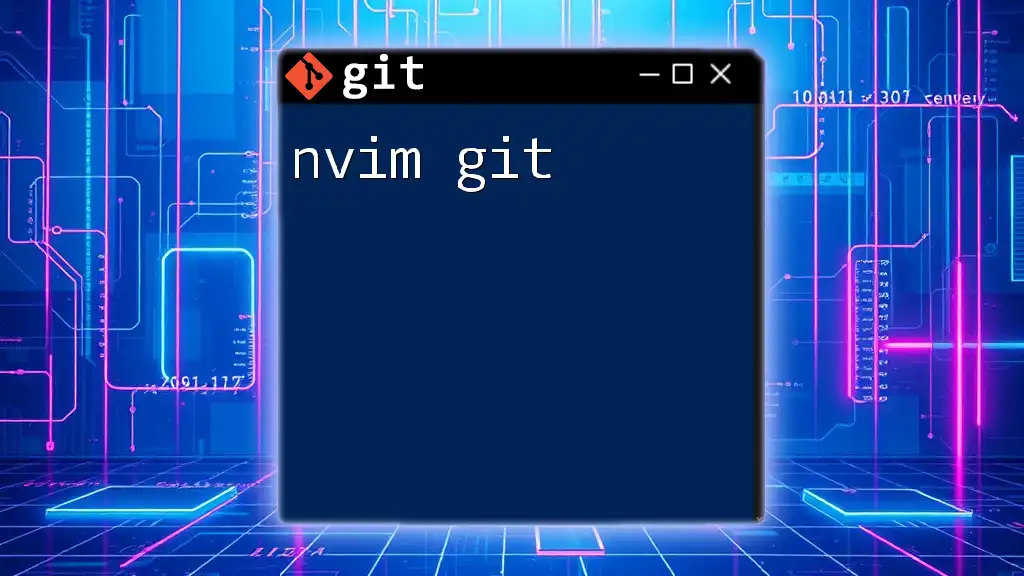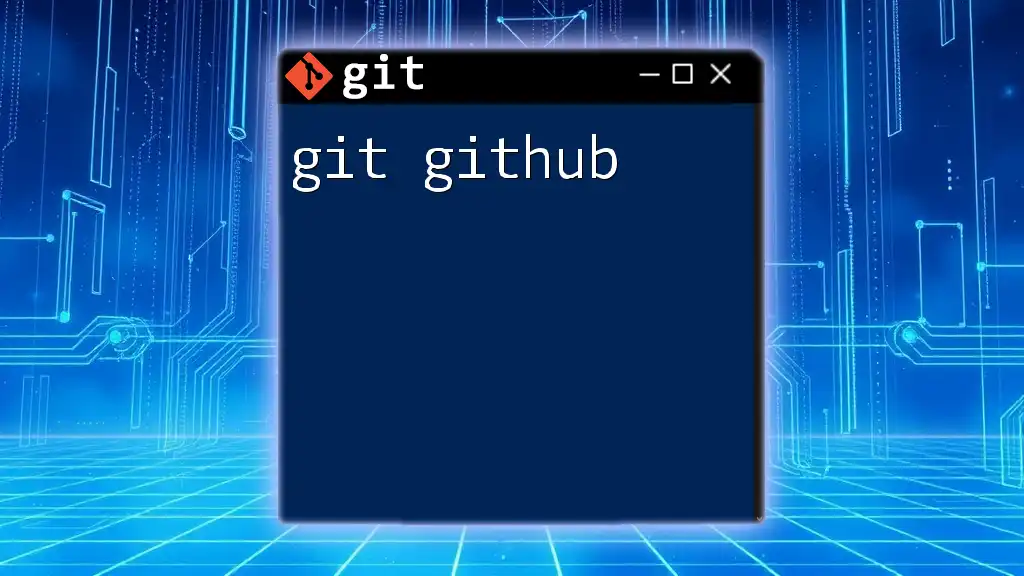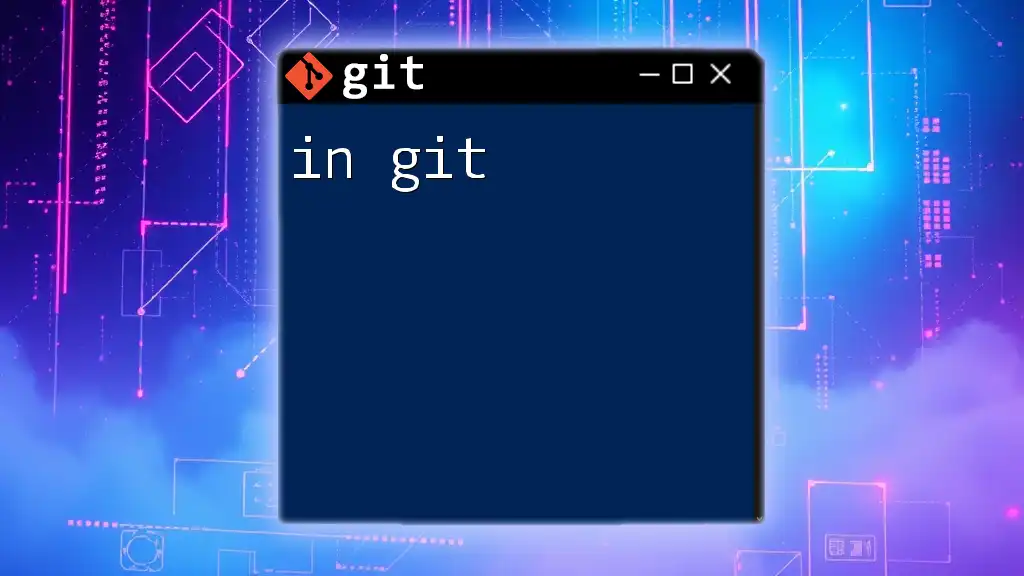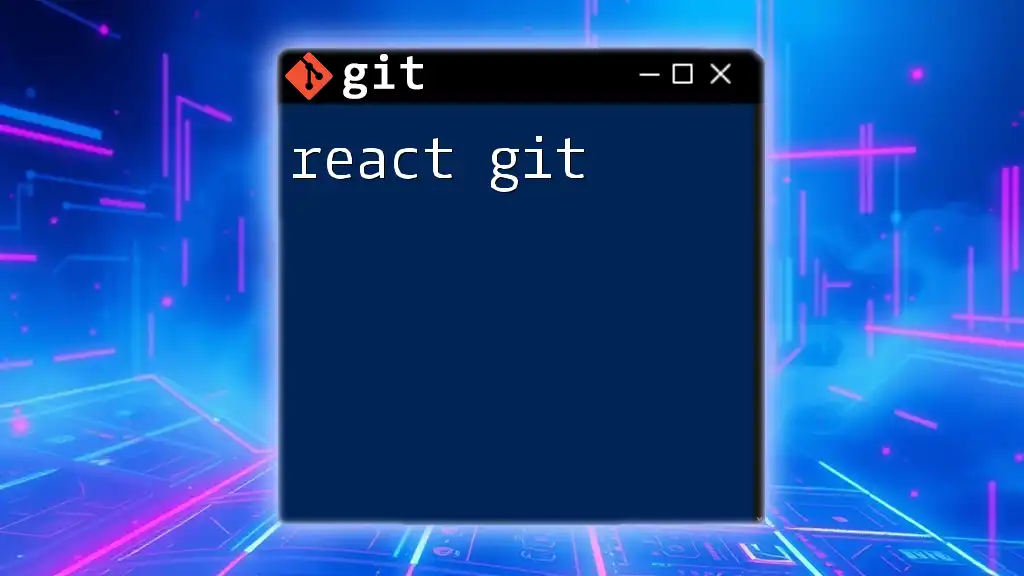Helix Git is a version control system built on top of Git that enhances collaborative development workflows with performance optimizations and a focus on file management.
Here’s an example of a basic Git command used with Helix Git to create a new branch:
git checkout -b new-feature-branch
What is Helix Core?
Helix Core, developed by Perforce, is a version control system that offers robust performance, security, and scalability. Unlike traditional Git, Helix Core is designed to handle very large files and repositories, making it particularly effective for enterprises and projects with extensive binary assets. It provides a more centralized approach, allowing teams to collaborate seamlessly across various platforms.
Key Features of Helix Core
- Performance: Helix Core is optimized for handling large projects efficiently, ensuring quick access to repositories, even with big data.
- Security: The system comes with advanced security features, including user authentication and permissions, safeguarding sensitive projects from unauthorized access.
- Scalability: As your projects grow, Helix Core can scale to meet the increasing demands, maintaining performance levels with larger teams and file sizes.
Use Cases for Helix Core
Helix Core is particularly suitable for industries such as gaming, electronics, and media production, where managing large binary files is critical. Its ability to support multiple workflows simultaneously makes it an ideal choice for diverse teams.
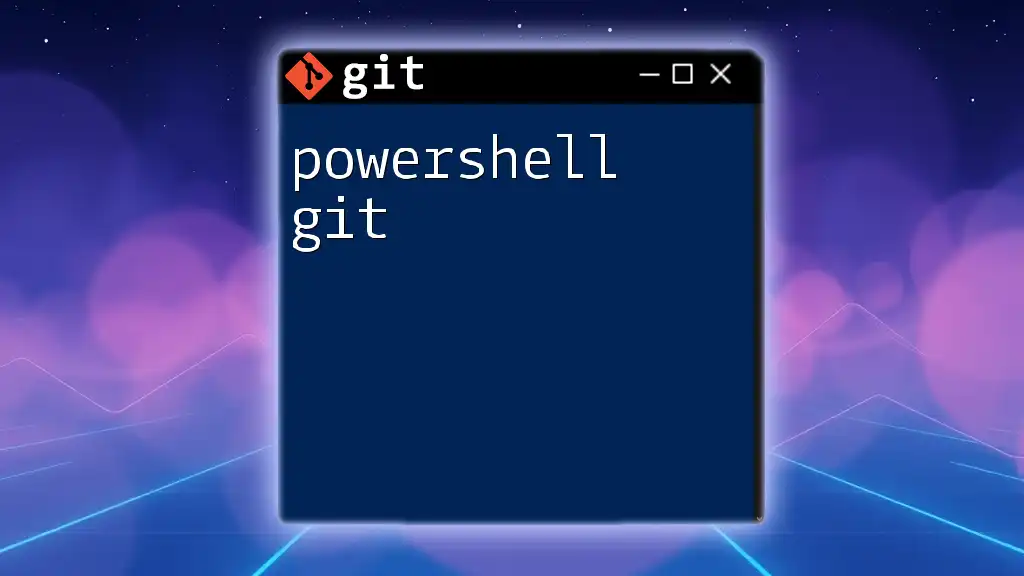
Installing Helix Git
Before diving into Helix Git, you'll need to ensure your system meets the necessary requirements. This includes having the correct operating system and sufficient storage space for your projects.
Step-by-Step Installation Guide
For Windows
- Downloading the Installer: Go to the official Perforce website and download the Helix Git installer.
- Running the Installation: Double-click the downloaded file and follow the installation prompts, selecting your desired installation directory.
For macOS
- Using Homebrew: If you have Homebrew installed, you can easily install Helix Git by running:
brew install helix-git - Manual Installation Steps: Download the .dmg file from the official site and drag the Helix Git icon to your Applications folder.
For Linux
- Package Manager Installations: Depending on your distribution, you can use APT, DNF, or YUM to install Helix Git:
sudo apt install helix-git # For Debian/Ubuntu sudo dnf install helix-git # For Fedora sudo yum install helix-git # For CentOS/RHEL - Manual Installations: Download the Linux tarball and extract it using:
tar -xzvf helix-git.tar.gz
Verifying the Installation
To ensure Helix Git is installed correctly, run the following command to check the version:
hg --version
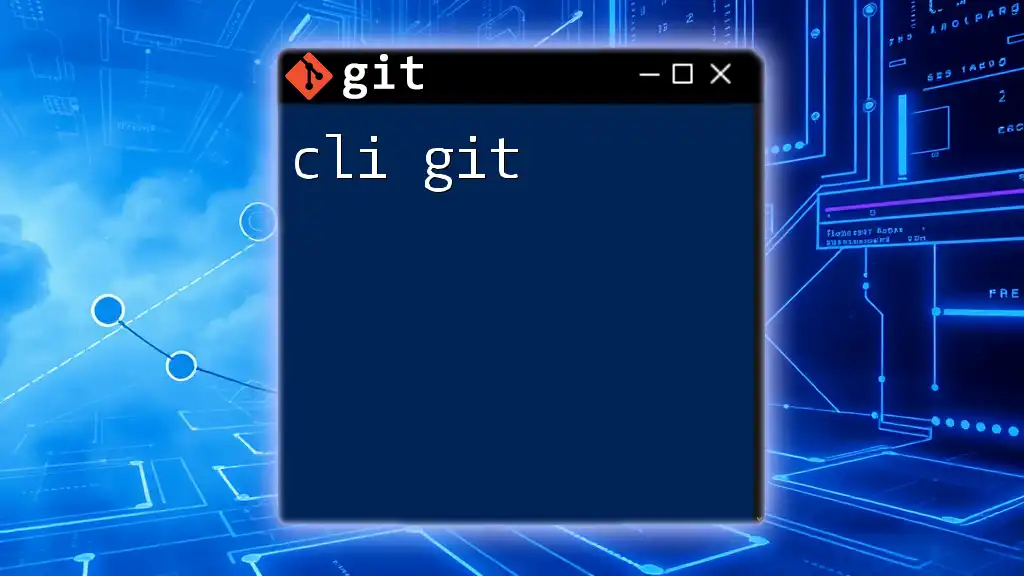
Getting Started with Helix Git
Once installed, you can begin using Helix Git by initializing a repository.
Initializing a Helix Git Repository
To create a new repository, use the following commands:
hg init my-repo
cd my-repo
This creates a new directory named `my-repo` and sets it up for version control.
Configuring Helix Git
It’s essential to set up your user information for commits. You can edit your configuration file by executing:
hg config --edit
This opens your default text editor, allowing you to add your name and email:
[ui]
username = Your Name <your.email@example.com>
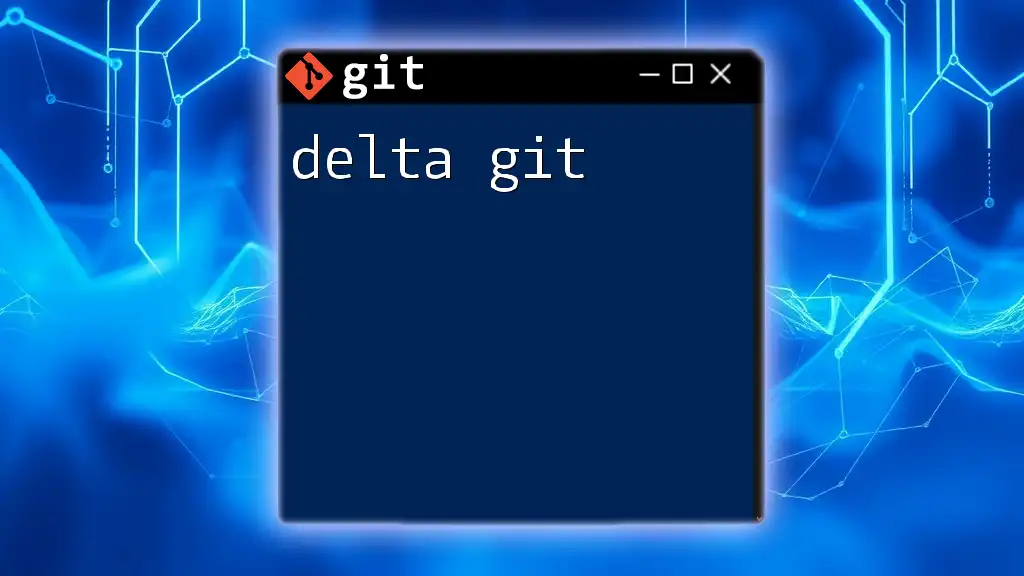
Basic Helix Git Commands
Now that your environment is set up, let’s explore some basic commands.
Cloning Repositories
Cloning is straightforward with Helix Git. Use the command below to clone an existing repository:
hg clone <repository-url>
This duplicates the entire repository, allowing you to work on it locally.
Committing Changes
After making changes in your files, you need to stage and commit them.
Staging Changes
To stage your modifications, run:
hg add
This command includes all new and modified files in the next commit.
Making Commits
You can commit your changes with a descriptive message:
hg commit -m "Your commit message"
This creates a snapshot of your project at that moment.
Viewing the Commit History
To see your commit history, utilize the `log` command:
hg log
This provides a chronological list of all commits, showcasing the project’s evolution.
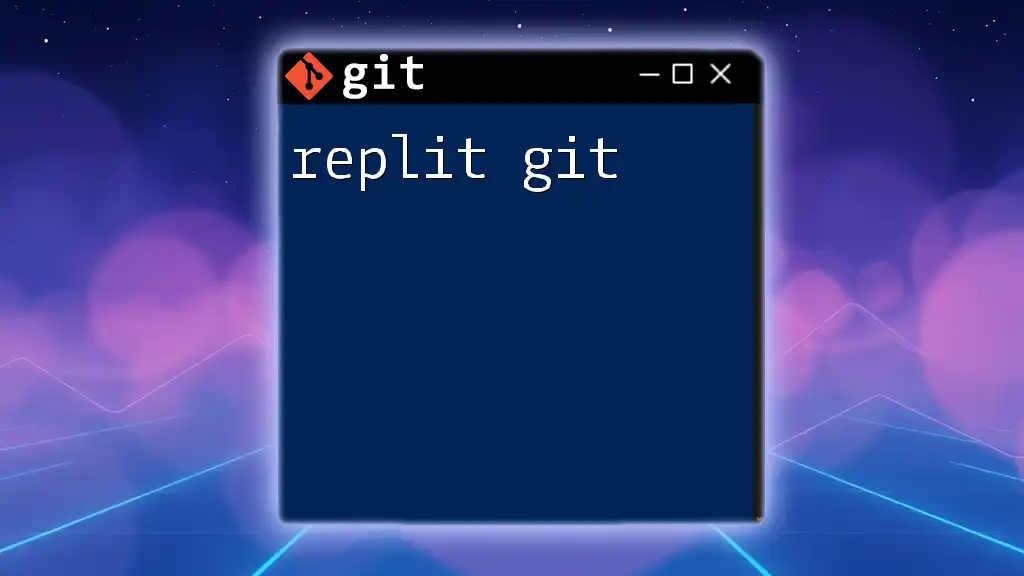
Branching and Merging with Helix Git
Branching is vital for managing different project versions or features.
Understanding Branches
Branches in Helix Git enable you to work on multiple features or fixes simultaneously without disturbing the main codebase.
Creating and Managing Branches
To create a new branch, use:
hg branch <branch-name>
Activate your branch with:
hg update <branch-name>
Merging Branches
When a feature is ready, merge it back into the main branch:
hg merge <branch-name>
In case of conflicts, Helix Git provides tools to assist in resolution.
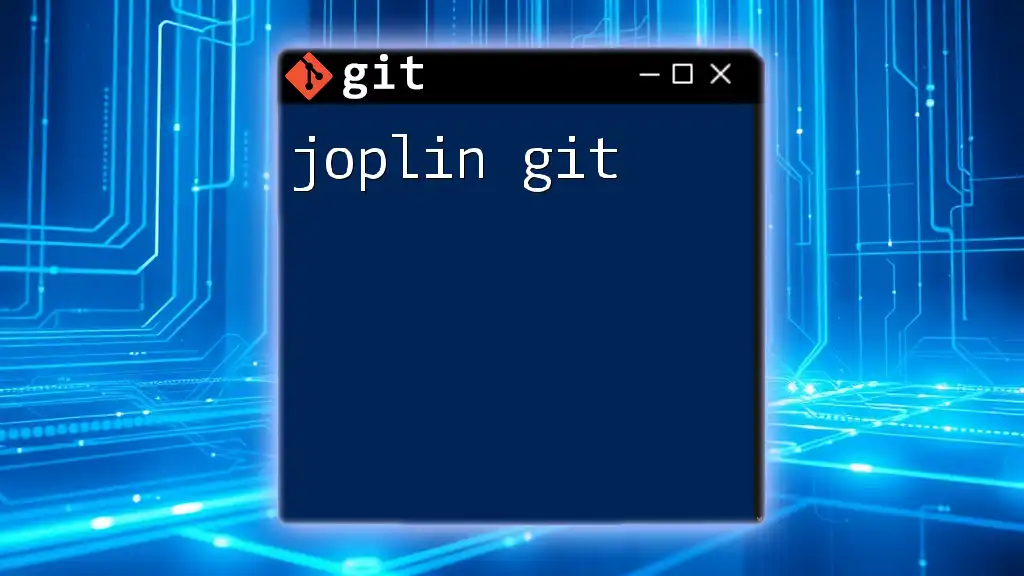
Advanced Helix Git Features
Once you're comfortable with the basics, you might explore more advanced features.
Revisions and History Management
Helix Git allows you to manage revisions effectively. Use commands to navigate through your commit history and find specific revisions.
Hooks and Custom Scripts
Using hooks can automate tasks whenever certain events occur, such as committing changes or merging branches. For example, to create a simple pre-commit hook, you could create a script that checks for code quality before allowing a commit to succeed.
Inspections and Reviews
The `hg diff` command helps you compare changes between revisions or files:
hg diff
This command highlights the specific alterations made, enhancing the review process.
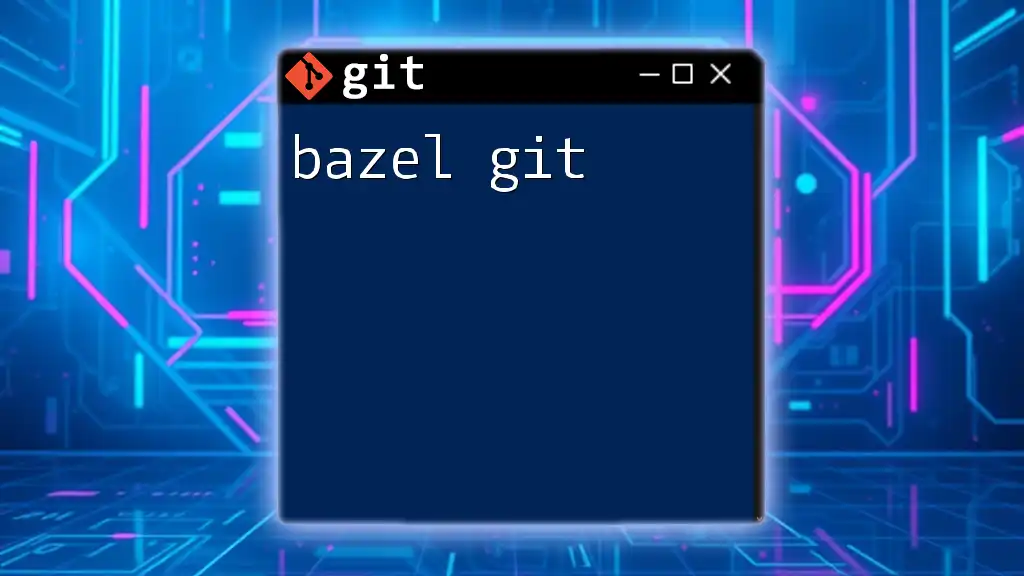
Remote Repositories and Collaboration
Helix Git facilitates collaboration through remote repositories.
Adding Remote Repositories
To manage remote repositories, you'll first need to add a remote path:
hg paths
Pushing and Pulling Changes
Push your changes to the remote repository with:
hg push
To fetch updates from the remote:
hg pull
These commands ensure your local copy stays synchronized with the team's work.
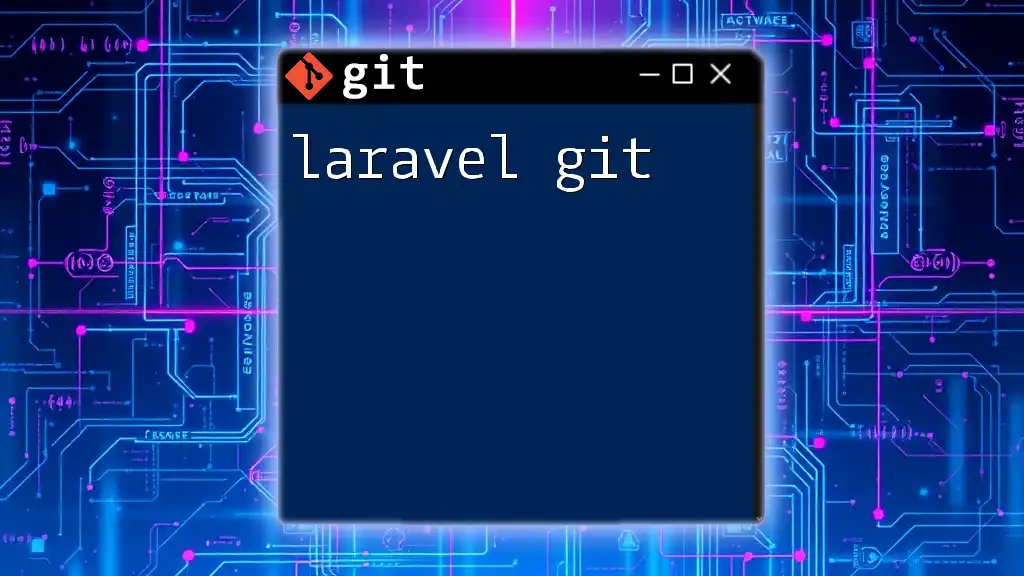
Best Practices for Using Helix Git
Developing a few best practices can significantly enhance your Helix Git experience.
Commit Messages
Writing clear and descriptive commit messages is crucial. They serve as documentation for future reference and for your team members.
Workflow Strategies
Adopting structured workflows, such as Git Flow or Feature Branch Workflow, simplifies team collaboration and reduces conflicts.
Documentation and Resources
Taking advantage of available documentation and online resources will keep you updated on best practices and advanced techniques.
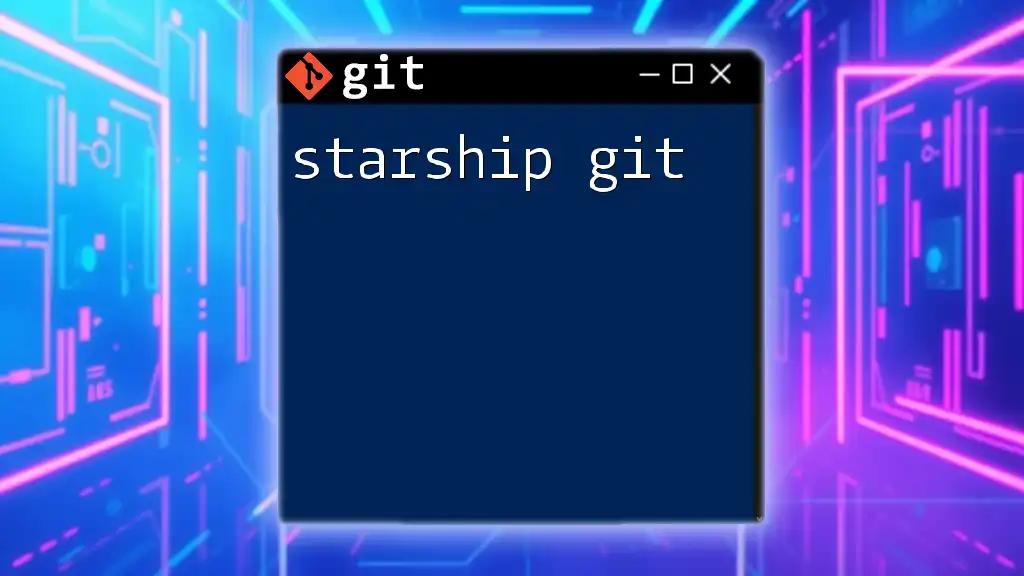
Conclusion
Helix Git empowers developers with a sophisticated version control system tailored for both small and large projects. By following the guidelines provided, you can enhance your productivity and maintain organized, collaborative software development processes. Start practicing with Helix Git today to unlock its full potential!
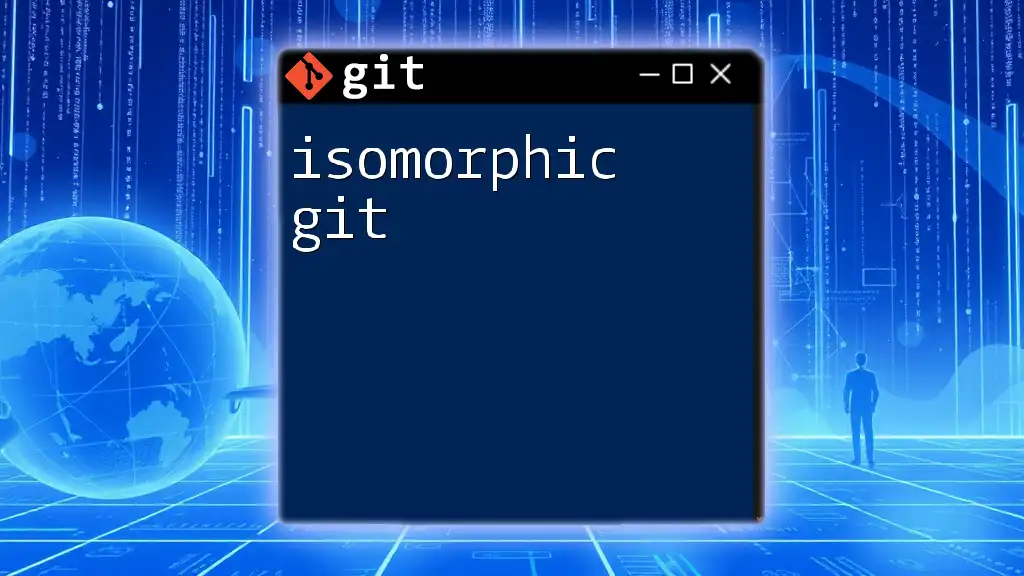
Additional Resources
For more depth, check the official Helix Git documentation, which provides extensive tutorials and a supportive community where you can ask questions and share knowledge. Whether you're in gaming, enterprise software, or media, Helix Git can effectively cater to your needs.

